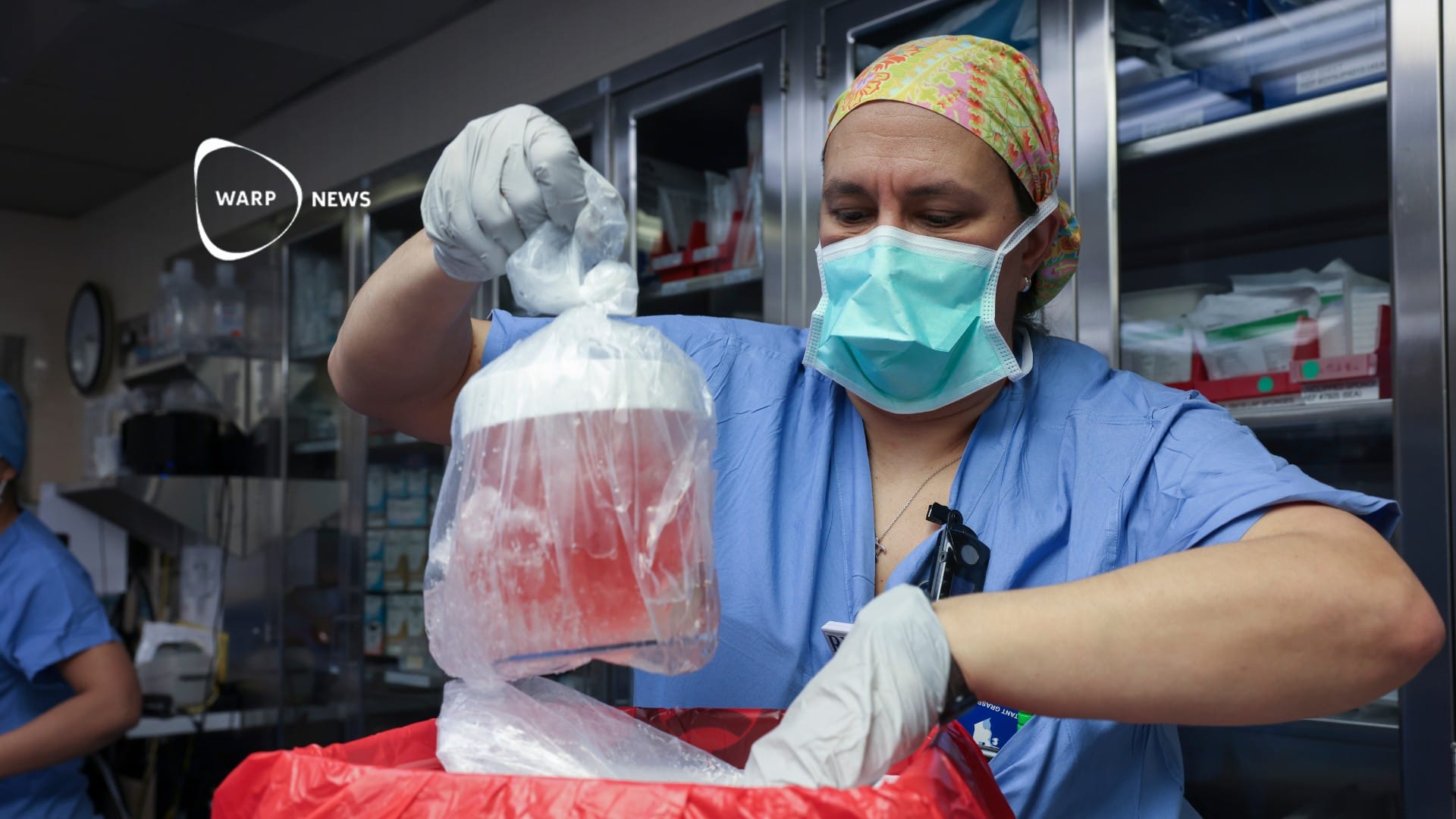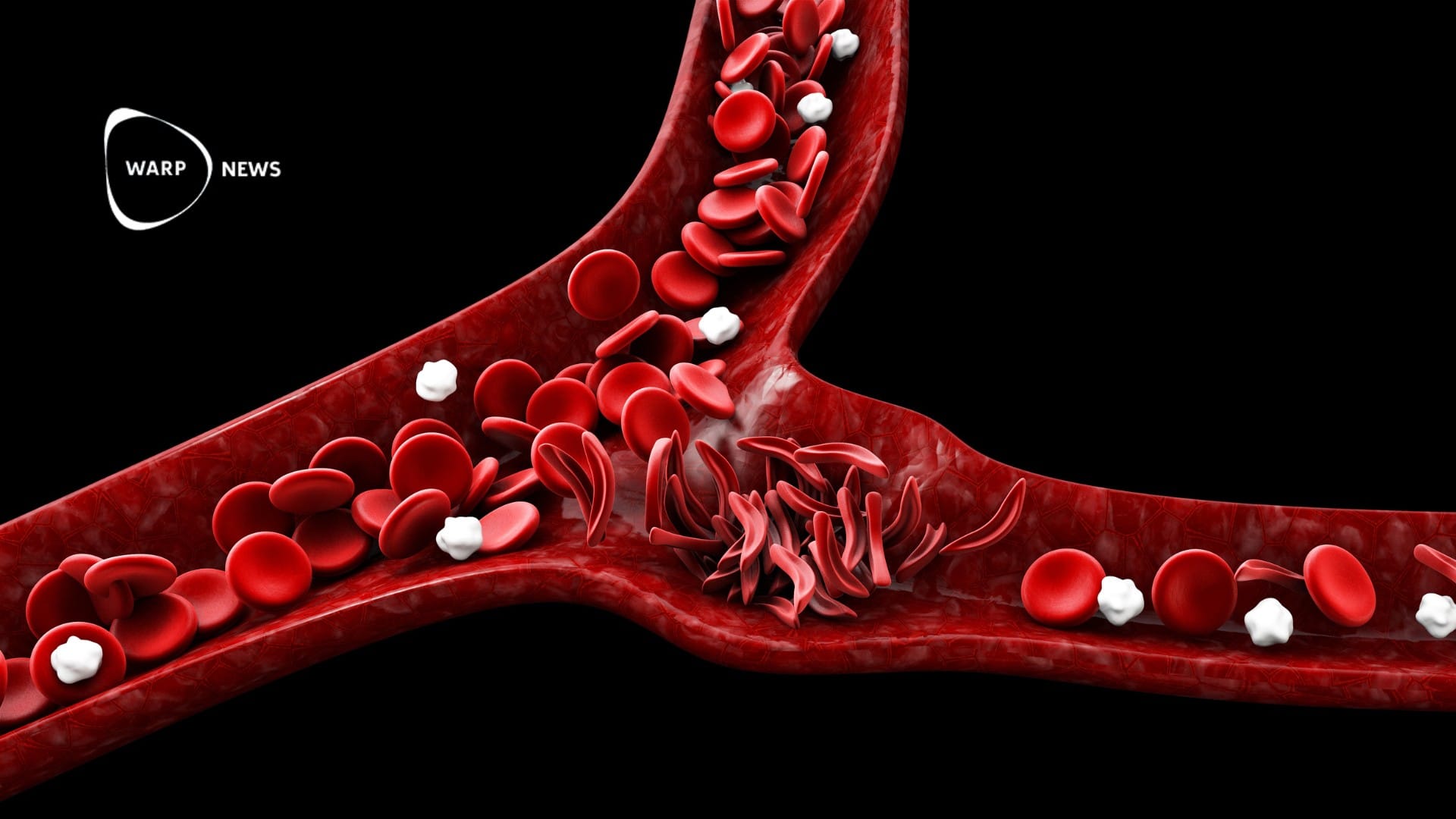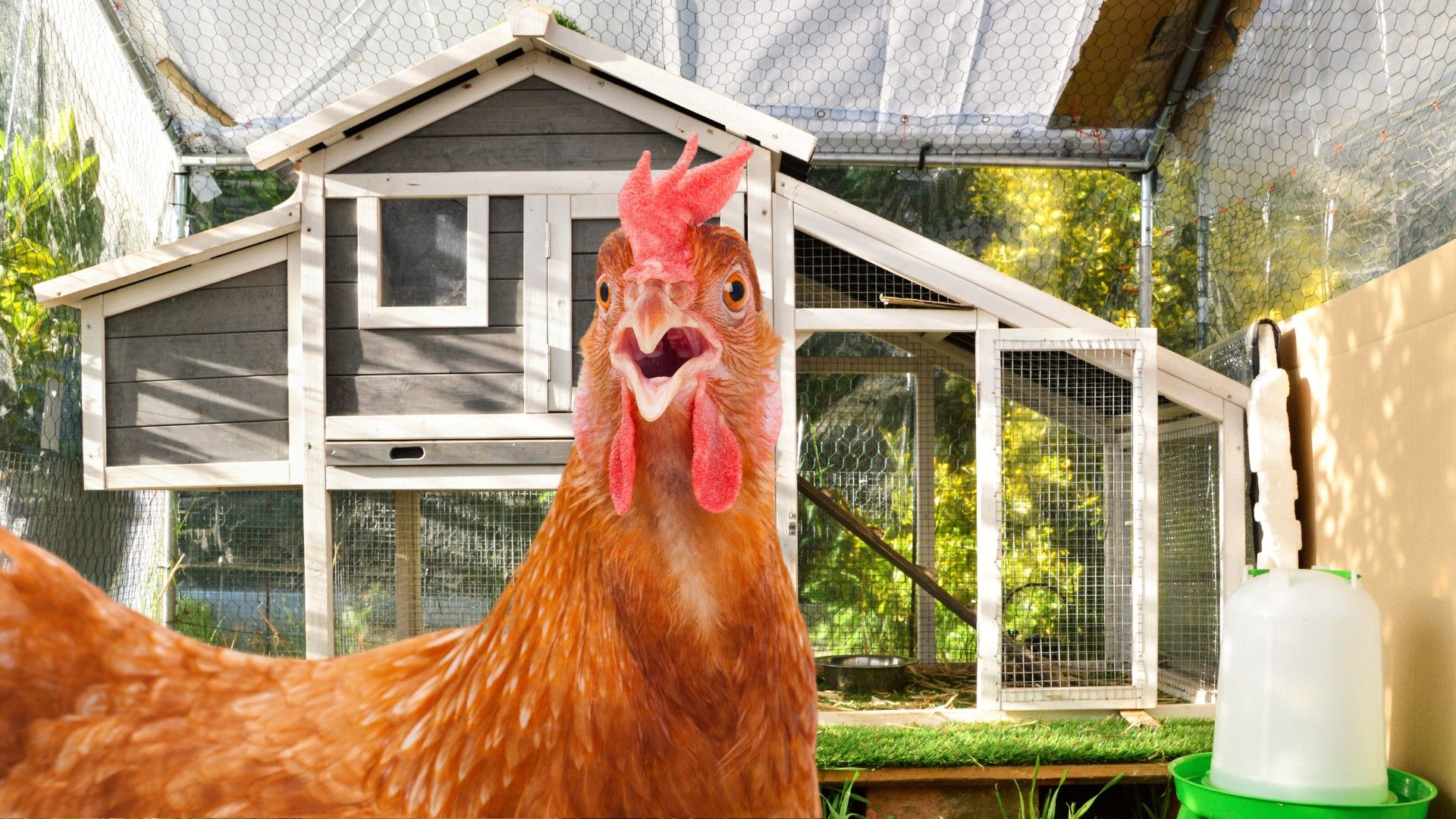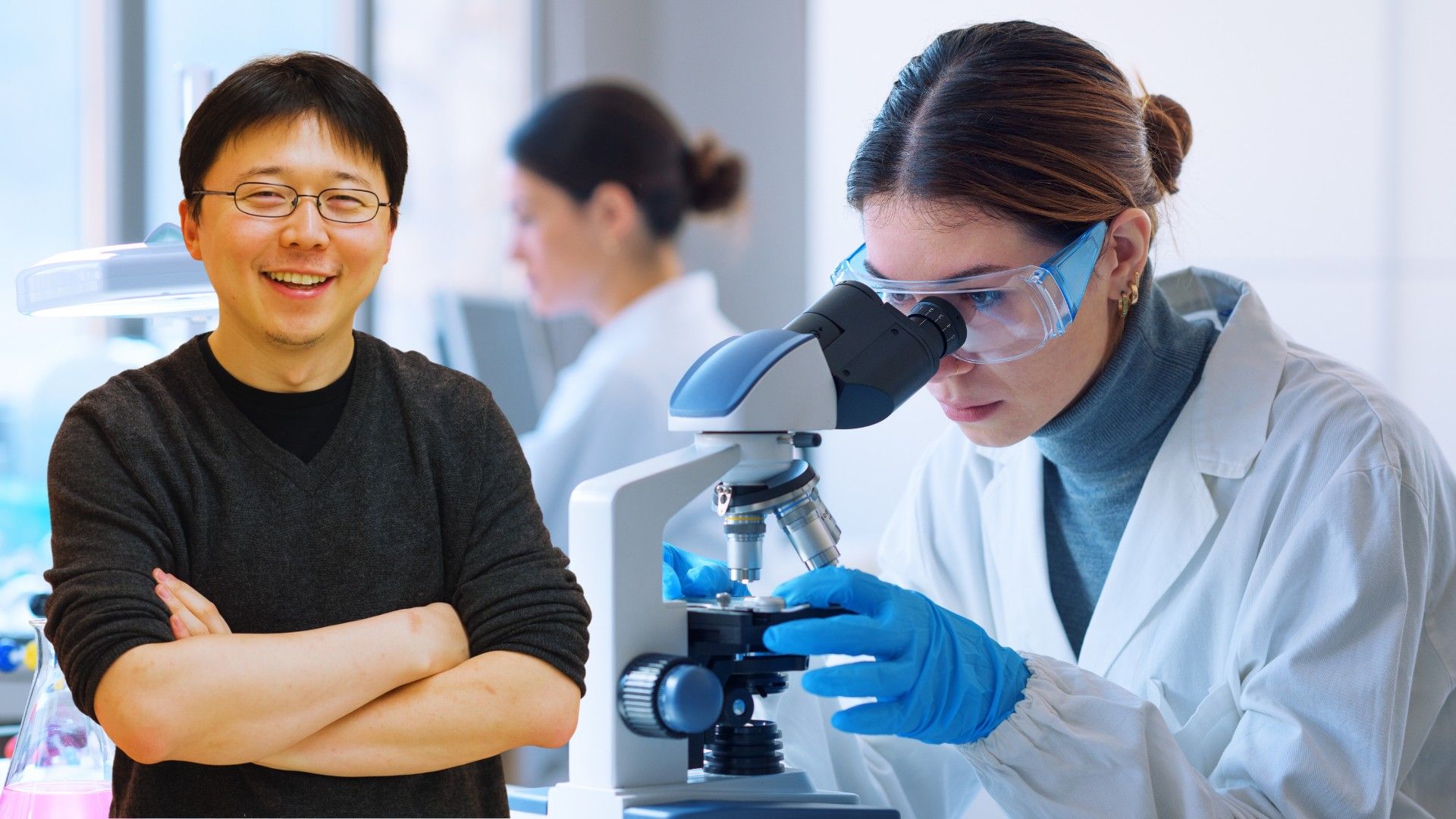CRISPR
🧬 OpenCRISPR-1: The world's first AI-generated and open gene editor
The OpenCRISPR initiative aims to democratize gene technology and accelerate the development of customized genetic treatments. By making this technology available, Profluent hopes to increase access and reduce the costs of gene editing treatments.
🍅 New CRISPR tomatoes require less water, but yield remains the same
Scientists have used CRISPR technology to create tomatoes that use water more efficiently. These tomatoes require less water to grow but still produce the same amount of tomatoes, with the same taste and quality.
🐖 Genetically modified pig kidney transplanted into human for the first time
For the first time, surgeons have transplanted a kidney from a genetically modified pig into a living person. This type of kidney could help reduce the shortage of organs.
🧬 Advancements in CRISPR technology – moving towards 2.0
The FDA recently approved a pioneering CRISPR–Cas9 therapy for sickle cell disease, marking a historic moment in genetic treatment. But that it is just the tip of the iceberg.
💊 The FDA approves first CRISPR-based gene therapy drug for sickle cell disease
The approvals include the first-ever CRISPR-Cas9 based drug, Casgevy, and a gene therapy drug, Lyfgenia, marking a milestone in medical biotechnology.
🩸 Promising results in cholesterol-lowering CRISPR treatment trial
The highest doses showed a reduction in cholesterol levels by 39 to 55 percent, indicating a significant decrease in heart disease risk factors.
🐔 CRISPR-engineered chickens resistant to flu
In groundbreaking use of CRISPR gene-editing technology, scientists have engineered flu-resistant chickens. This is a first step towards reducing avian flu outbreaks.
🔬 RNA-guided system in animals shows promise for human genome editing
Bacteria use a "scissors" system called CRISPR-Cas against viruses, and scientists have now discovered that complex cells, like ours, have a similar tool too.







